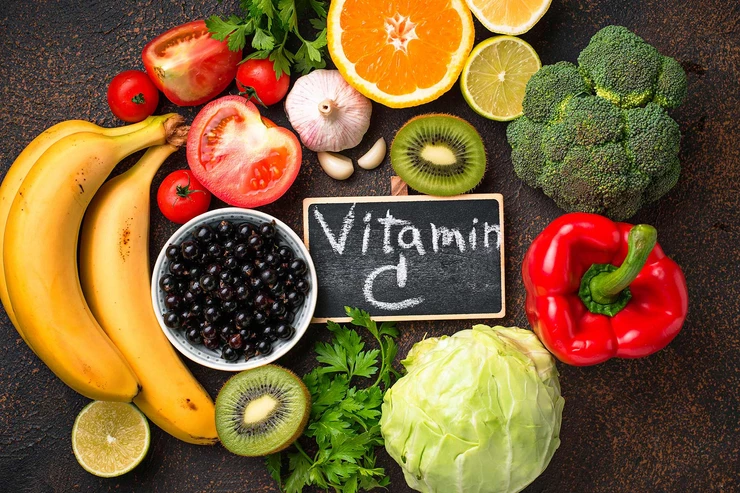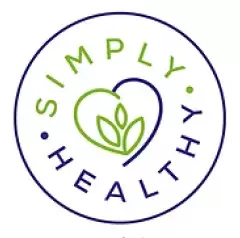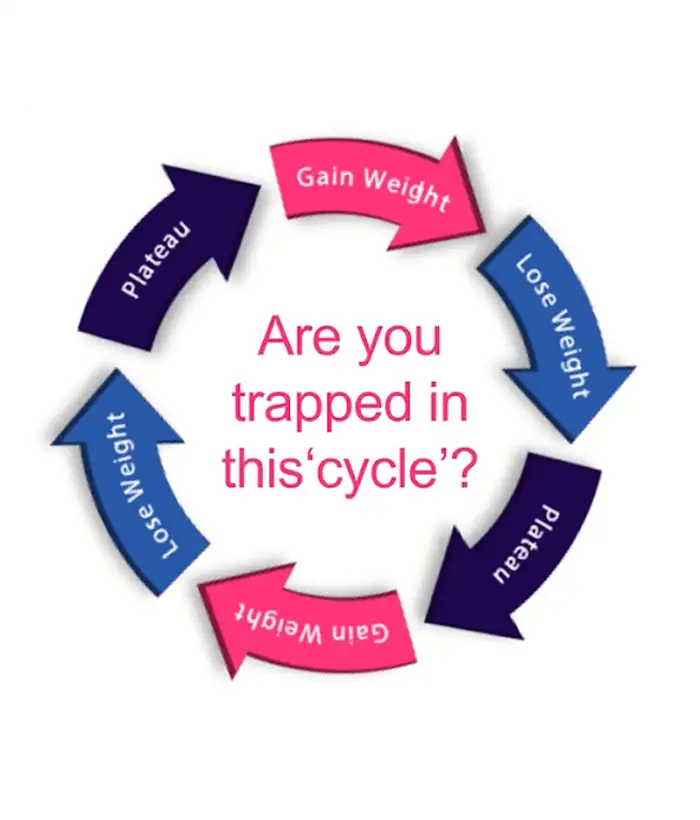
If you have not guessed it by now, the C stands for the superhero Vitamin C. Superheroes fight the bad guys right? In this case the bad guys are free radicals and pathogens, that can cause infection, inflammation and a host of other health issues.
And though there are other essential vitamins and minerals which are necessary for good health and to fight off free radicals and infections, the one which is head and shoulders above the rest is Vitamin C.
It is a potent antioxidant and a co-factor for a family of bio-synthetic and gene regulatory enzymes. Vitamin C contributes to immune defense by supporting various cellular functions of both the innate and adaptive immune system. Vitamin C supports epithelial barrier function against pathogens and promotes the oxidant scavenging activity of the skin, thereby potentially protecting against environmental oxidative stress.
The immune system is strongly influenced by the intake of nutrients.
Thus a vitamin C deficiency results in a reduced resistance against certain pathogens whilst a higher supply enhances several immune system parameters
Currently the RDA (recommended daily allowance) is inching towards 90-100mg a day mark, up from previous RDA of 60mg (which is just about enough to prevent Scurvy, an older disease which was caused due to Vitamin C deficiency)
My take on Vitamin C is:
- Eat a diet that is nutritious and colorful (not the artificial colors), the colors in food that signify high vitamin C content are orange, red and yellow. e.g Yellow and red peppers, all forms of citrus fruits.
- Eating fresh fruits and vegetables is the best way for getting Vitamin C in your diet as the complementing micro nutrients in them help in many other ways and they are delicious too.
- Even though the RDA is at 90-100mg, I recommend taking a simple slow release, low dose (250-500mg) supplement. Particularly if you are unable to get adequate intake of fruits and vegetables in your diet and if your work exposes to environmental hazards (dust, pollution, air conditioned closed space).
- More is not better. Intake of more than 2000mg or 2g of Vitamin C a day may cause nausea and diarrhea. In patients with thalassemia or hemochromatosis it may promote iron overload.
Till next time,
Stay Healthy
Stay Happy







